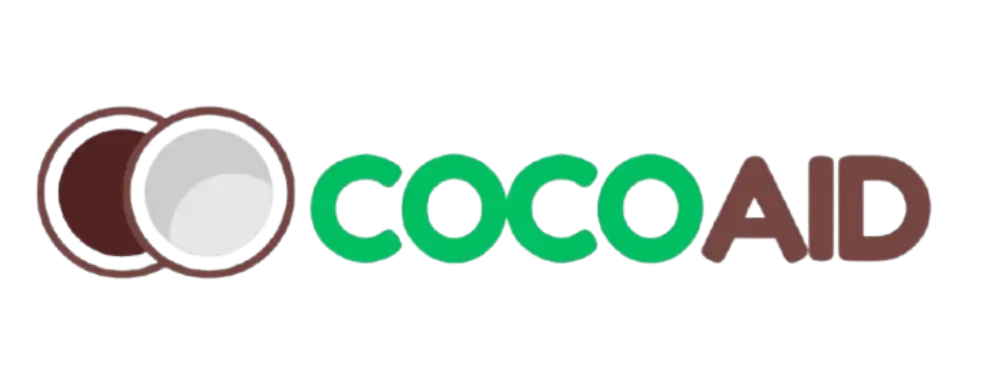In the heart of the Philippines, where coconut cultivation supports thousands of families, a humble concept became a powerful tool—COCOAID.
The economy of most countries depends significantly on coconut farming, especially in tropical nations where coconut palms are widely cultivated. Leaf rot disease is one of the most terrible problems coconut growers have faced; it has severely damaged crops and reduced many farmers’ profits. In response to this spreading pandemic, the smartphone app CocoAID was developed to give coconut growers suffering from leaf rot disease and other coconut diseases a simple, instantaneous solution. The establishment of CocoAID resulted from a common objective: to give coconut farmers technologies that would protect their harvests and raise their level of living.
The idea of CocoAID came from an alliance of agricultural specialists, technology developers, and community supporters. The group knew that the most effective strategy for addressing the leaf rot disease was by making a device easily accessible to farmers working in fields. The goal was to take advantage of mobile technology in allowing farmers to swiftly identify symptoms of the leaf rot disease so they could take quick action and secure their crops from further infection before it progressed any further.
The Purpose Behind the Development of CocoAID
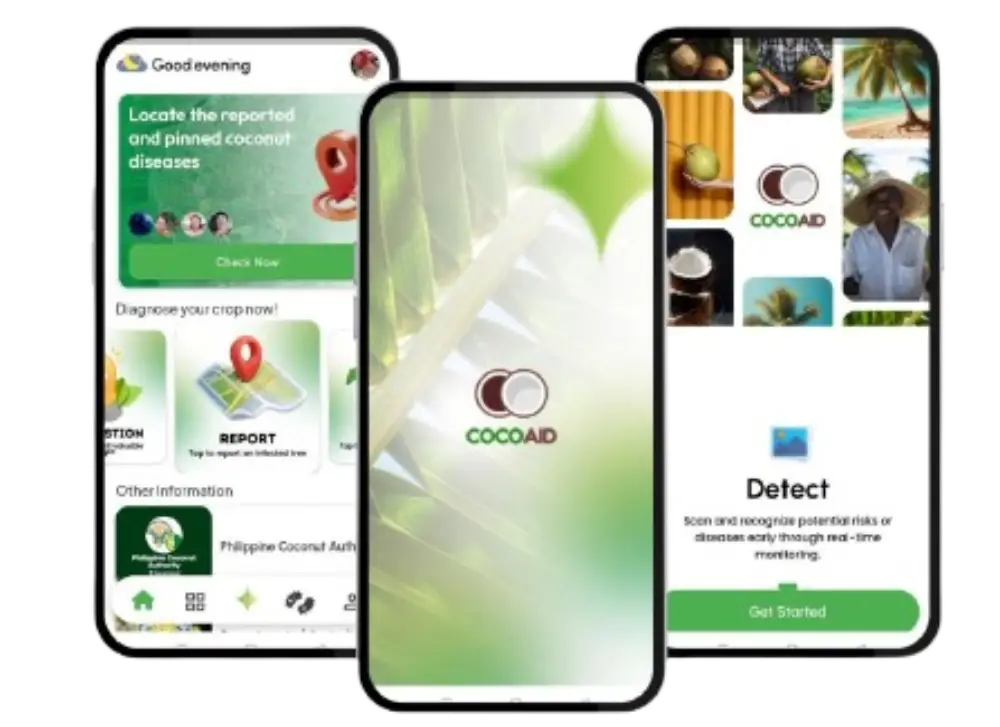
One of the big needs in rural communities is what inspired CocoAID’s creation. Leaf rot disease, and other leaf diseases which kills the leaves and causes them to decay and, at worst, will kill the tree, has been ravaging coconut plantations around the Philippines and other coconut-growing areas. The livelihoods of farmers who depend on their coconut trees for revenue and sustenance are severely impacted by this disease.
The shortcomings of conventional techniques for identifying plant diseases have long been a problem for farmers. Minimizing damage requires early detection of leaf rot, but many farmers lack the tools or expertise necessary to identify and treat the issue at an early stage. Furthermore, farmers in remote areas often have limited access to experts or agricultural extension services, which may provide timely assistance.
Closing this gap was an open goal when CocoAID was established. Farmers can effectively diagnose leaf rot through a few simple steps all the way to the application using advanced algorithms and artificial intelligence (AI) to detect the signs of the disease. CocoAID was designed as a manual that educates farmers on disease management, prevention, and treatments available, alongside functioning as a diagnostic tool.
Who Is Behind CocoAID
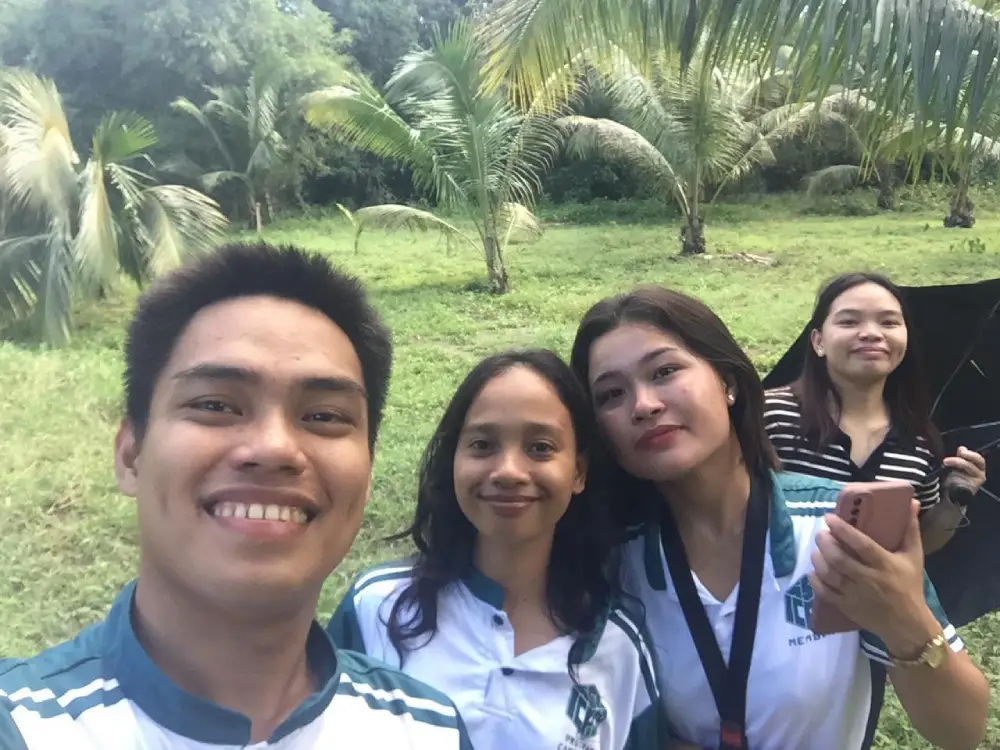
CocoAID is the result of innovation, compassion, and a firm commitment to addressing real-world issues of farming communities. It was conceived by a team of computer engineering students and technology developers who have the same vision: to utilize the potential of technology to improve the agricultural industry — beginning with the coconut industry.
Whatever the technical backgrounds of the CocoAID team members, their minds were focused by empathy for poor farmers and typically underserved rural areas. Through passion, driven students delved into studies related to leaf rot disease, gray leaf spot, rural farming issues, and how to use mobile technology to close gaps between farmers and skilled agricultural knowledge.
By integrating their technical skills, plant pathology, and artificial intelligence (AI), the team was successful in creating a mobile app that could diagnose leaf rot disease and grey leaf spot through image processing. But they didn’t innovate alone — they took it a notch higher by ensuring the app is easy, helpful, and accessible even for farmers who had little or no experience with digital applications.
It took more than one person to create CocoAID. Local farmers played a crucial role in the development process, offering their perspectives and comments on the features and usability of the app based on their own experiences. Their suggestions helped shape CocoAID into what it is today—a farmer-focused, approachable tool that genuinely addresses their needs
This collaboration process — among young technologists and experienced farmers — turned out to be CocoAID’s greatest strengths. It is the best example of how collaboration and local participation can bring about solutions that are not just innovative, but also rooted deeply in the reality of the people.
The people who built CocoAID remain actively engaged with its development, expansion, and sharing. They believe that making technology accessible, usable, and trustworthy for farmers is the secret to sustainable farming and resilient communities. CocoAID is more than a product of technology; it’s a reminder of what is possible when compassion, curiosity, and community are combined to create something meaningful.
The Impact of CocoAID on Farming Communities
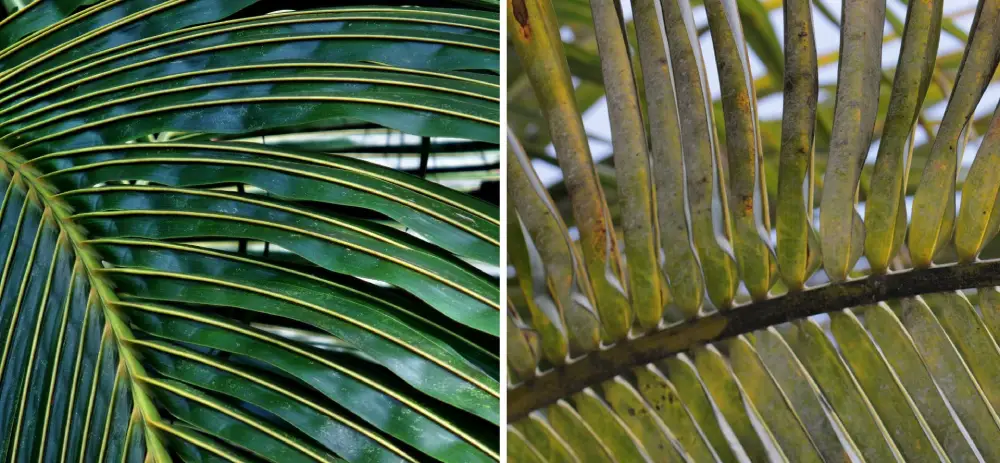
Healthy Leaf Infected with Leaf Diseases
Since it was launched in 2024. While COCOAID remains in the testing stage and not yet being utilized by farmers in an official capacity, its ability to revolutionize coconut farming is already apparent. Created as a usable device for the early detection of disease, COCOAID intends to solve some of the main issues the rural farming communities have been grappling with.
Once fully deployed, COCOAID could lead to:
- 🌱 Higher productivity through early detection and disease management
- 🌿 Reduced reliance on chemical pesticides, supporting eco-friendly farming practices
- 💰 Greater economic stability for smallholder farmers by protecting crop yields
- 📱 Simplified crop monitoring, removing the need for technical expertise or constant external help
Moreover, the app strengthens climate resilience. With extreme weather increasing the risk of plant diseases, having a tool that helps farmers act quickly and precisely is more important than ever.
A Vision for the Future: Through the Eyes of a Coconut Farmer
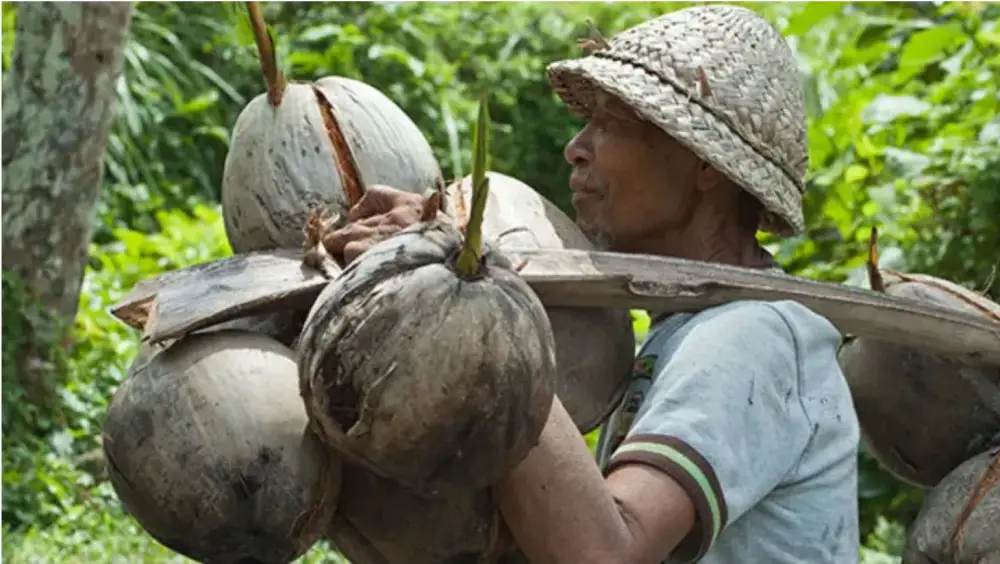
Mang Tonyo, a 52-year-old coconut farmer from a quiet barangay in Samar, has been tending to his trees for as long as he can remember. For decades, he relied on instinct, tradition, and the occasional visit from an agricultural technician—when one was available. But more often than not, he faced problems like leaf rot without knowing what was really happening to his trees.
“Sometimes I’d only realize something was wrong when the harvest came too small,” he said. “By then, it was too late.”
He dreamed of a way to know—early on—if his trees were sick. Something that could guide him, even when experts were out of reach.
That’s where COCOAID comes in.
Although Mang Tonyo hasn’t used the app yet, he was one of the farmers who gave feedback during early testing. He saw how a simple photo could trigger a powerful AI analysis, identifying signs of disease he wouldn’t have noticed on his own.
“I never thought a cell phone could help me protect my trees,” he said with a smile.
The team behind COCOAID hopes to one day make this a reality for Mang Tonyo and thousands like him. In the near future, the app may offer expanded disease detection, farmer-to-farmer forums, and even connections to government support services.
Why Does CocoAID Matters?
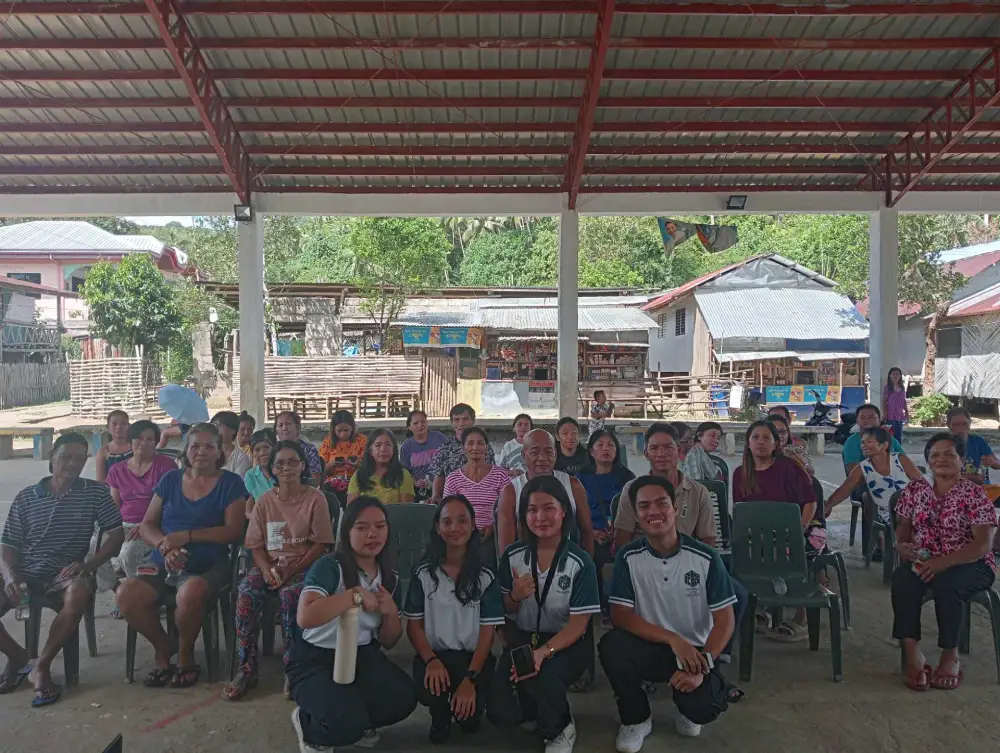
CocoAID is not just an application — it’s a demonstration of what occurs when technology is created for and by the people. It bridges the divide between innovation and access, between high-tech and low-resource settings. And most importantly, it returns control to the people who grow the food that we depend on.
As it spreads to more communities, CocoAID has the power to revolutionize how we engage coconut farming, disease control, and farmer education — showing that grand change can be achieved through a single idea, a single team, and a single purpose-driven solution.

